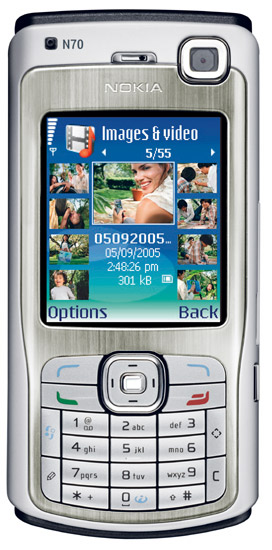Topic: Instructional Activities
podcast.
One of the most valuable assignments for an online course is the electronic research notebook. It can be used in any course, but is particularly useful in writing courses that prepare individuals for academic research and scholarly discourse production (essays, papers, capstones, essay tests, and a thesis). The electronic research notebook is, in essence, an annotated bibliography. The students can build and store an electronic notebook on a notebook computer, but this refers to something else. The electronic research notebook is the place where one records the results of research, and summarizes the important aspects of papers, books, and articles one has found as they relate to your research project.
Interested in the full text / transcript?
full text.
The Fringe Journal.
Posted by elearningqueen
at 11:08 PM EST
![Validate my RSS feed [Valid RSS]](valid-rss.png)








